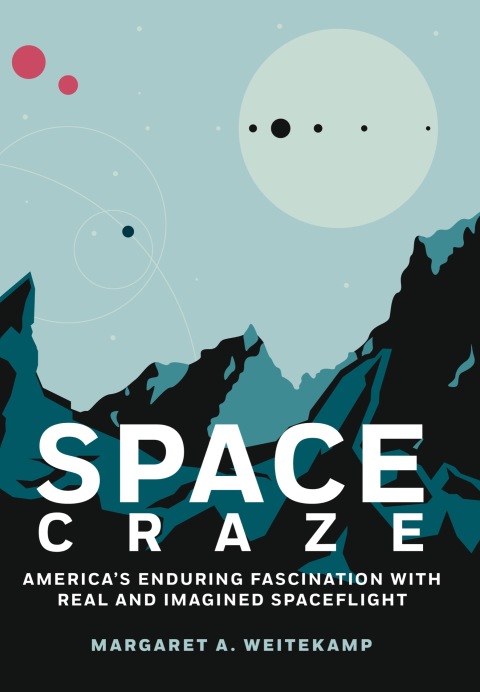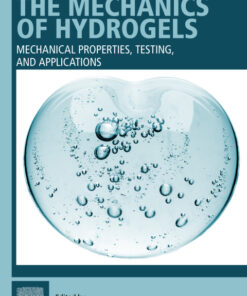Space Craze Americas Enduring Fascination with Real and Imagined Spaceflight Ebook
$10.00
Margaret A. Weitekamp
Space Craze
Americas Enduring Fascination with Real and Imagined SpaceflightA space historian’s tour through astounding spaceflight history and the Smithsonian’s collection of space and science fiction memorabilia Winner of the American Institute of Aeronautics and Astronautics’ 2024 Gardner-Lasser Aerospace History Literature Award Spanning from the 1929 debut of the futuristic Buck Rogers to present-day privatization of spaceflight, Space Craze celebrates America’s endless enthusiasm for space exploration. Author Margaret Weitekamp, curator at the Smithsonian’s National Air and Space Museum, writes with warmth and personal experience to guide readers through extraordinary spaceflight history while highlighting objects from the Smithsonian’s spaceflight collection. Featuring historical milestones in space exploration, films and TV shows, literature and comic strips, toys and games, and internet communities, Space Craze is a sci-fi lover’s dream. The book investigates how spaceflight, both real and imagined, has served as the nexus where contemporary American concerns, such as race, gender, sexuality, freedom, and national identity, have been explored and redefined. Chronological chapters include: Chapter 1: Buck Rogers, Ray Guns, and the Space Frontier Chapter 2: Space Forts, Television, and the Cold War Mindset Chapter 3: John Glenn, the Apollo Program, and Fluctuating Spaceflight Enthusiasm Chapter 4: Star Trek, Star Wars, and Burgeoning Fandoms Chapter 5: Generation X, the Space Shuttle, and Promoting Education Chapter 6: Space Stations, Spaceflight Enthusiasm, and Online Fandom Chapter 7: Streaming Services, Battling Billionaires, and Accelerated Change From the almost 650 million viewers who tuned in to watch the first steps on the Moon, to the ardent Star Trek fandom that burgeoned into a cultural force, Space Craze taps into the countrys enduring love affair with space.Read More ISBN: 9781588347251, 1588347257











